The Vikings, often remembered as fierce warriors and skilled seafarers, left an indelible mark on the world through their unique culture and traditions. This article delves into the heart of the Viking world, shining a light on the societal norms, beliefs, and practices that shaped the lives of these legendary Norse people.
- How did Viking culture and traditions shape their society?
- What are the key aspects of Viking traditions?
- How did Norse mythology influence Viking culture?
- What was the role of trade in Viking society?
- What unique burial practices did Vikings follow?
- How did Vikings contribute to Scandinavian culture?
- What are common misconceptions about Vikings?
- How did Viking culture and traditions shape their society?
- What are the key aspects of Viking traditions?
- How did Norse mythology influence Viking culture?
- What was the role of trade in Viking society?
- What unique burial practices did Vikings follow?
- How did Vikings contribute to Scandinavian culture?
- What are common misconceptions about Vikings?
How did Viking culture and traditions shape their society?
Understanding Viking history and culture is essential to grasp the societal structures that defined the Viking Age. Viking culture was deeply rooted in a code of honor and a communal way of life. The principles of loyalty to one’s kin and the pursuit of fame and honor in battle were central tenets that guided personal conduct and societal interaction.
Gender roles within Viking society were well-defined yet somewhat flexible. While men were primarily the warriors and traders, women held significant authority within the household and could own property. The significance of Viking rituals, such as the Thing, a governing assembly, helped maintain order and resolve disputes within the society.
Art and craftsmanship also flourished under Viking culture, with intricate designs and symbols adorning their weapons, ships, and jewelry. Such artistic expression was not just for aesthetic pleasure but also held symbolic meaning, reflecting the richness of Norse-Viking lifestyle and customs.
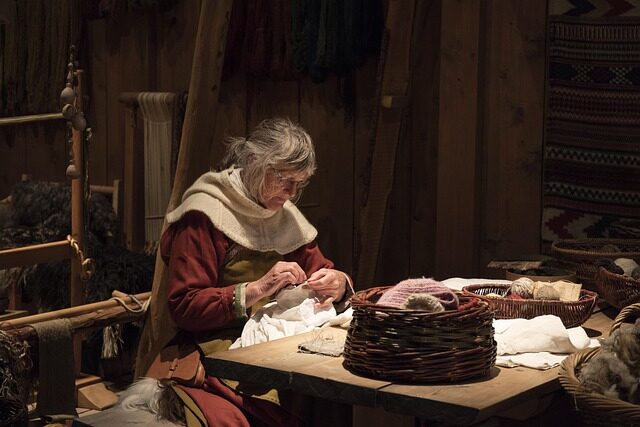
What are the key aspects of Viking traditions?
Viking traditions were varied and integral to their way of life, encompassing everything from daily activities to spiritual beliefs. Their traditions included a strong oral storytelling culture, where sagas and poems preserved history, laws, and mythology. Social gatherings were often centered around feasting and drinking, with mead being the beverage of choice during these communal events.
- Seasonal festivals like Yule, which marked the winter solstice, were significant for religious worship and social merriment.
- Maritime expertise was not just for raiding and trading but also a point of cultural pride reflected in their shipbuilding and navigational skills.
- Runes were a significant aspect of Viking tradition, used both for writing and divination, believed to hold magical properties.
How did Norse mythology influence Viking culture?
Norse mythology was the backbone of Viking spiritual life, influencing their values, traditions, and understanding of the world. The pantheon of gods, including Odin, Thor, and Freyja, played a significant role in day-to-day life, as Vikings sought their favor and guidance. Norse cosmology, with its emphasis on an interconnected tree of life called Yggdrasil, portrayed a complex understanding of the universe.
The concept of Valhalla, where warriors who died heroically in battle were believed to reside, motivated Vikings to strive for courage and heroism. The mythology also shaped their burial practices, with grave goods and ships accompanying the dead to the afterlife.
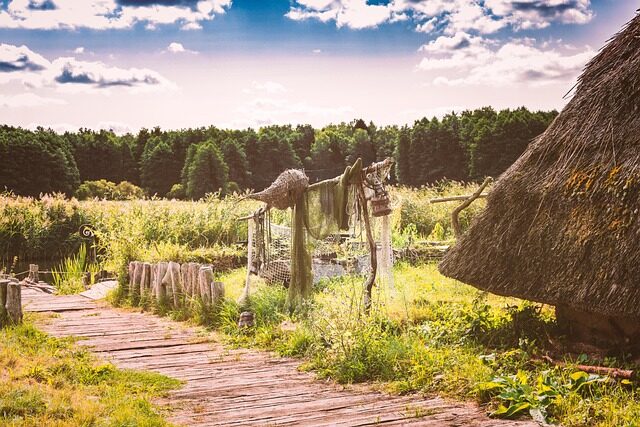
What was the role of trade in Viking society?
Contrary to the image of Vikings as mere raiders, trade was a cornerstone of their economy and social network. Viking trade networks extended far beyond Scandinavia, reaching the Byzantine Empire and even the Islamic Caliphates. The exchange of goods like furs, timber, and iron was as crucial as their more famous pillaging activities.
Viking traders established outposts and settlements, creating a complex web of routes that facilitated cultural and technological exchange. This system was instrumental in the dissemination of Viking culture throughout Europe and beyond.
What unique burial practices did Vikings follow?
Viking burial customs were reflective of their beliefs in the afterlife and the importance of sending the deceased off with honor. Boat burials were among the most striking of these practices, with the vessel serving as a tomb to transport the dead to the afterlife.
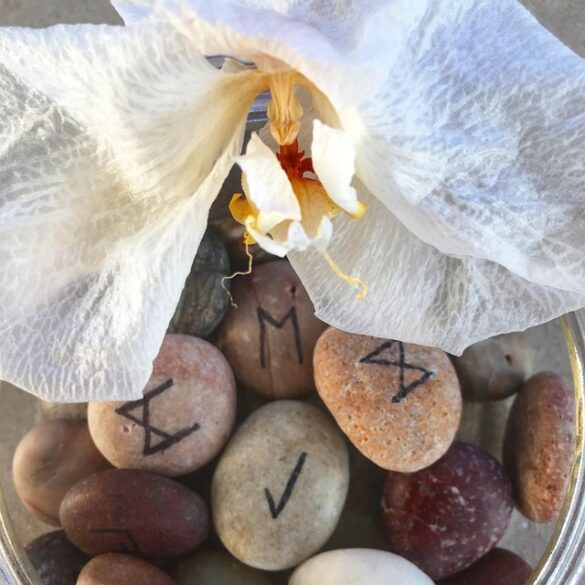
- Grave goods often accompanied the deceased, including weapons, jewelry, and even horses or dogs.
- Burial mounds, another common practice, were conspicuous features in the landscape, marking the resting place of prominent individuals.
- These practices highlighted the Vikings’ deeply held belief in an afterlife and the continuation of one’s legacy beyond death.
How did Vikings contribute to Scandinavian culture?
The Viking legacy in Scandinavia is profound, with their influence visible in language, art, and societal structures. Viking exploration and settlement led to the expansion of Scandinavian influence and the integration of various cultures. Their seafaring expertise significantly contributed to the development of naval architecture and navigation in the region.
Modern Scandinavian culture still celebrates Viking heritage, with festivals and reenactments that pay homage to their ancestors’ adventurous and pioneering spirit. The Vikings’ legal systems and societal norms laid the foundation for contemporary Nordic governance and social values.
What are common misconceptions about Vikings?
Common misconceptions about Vikings often stem from exaggerated or one-sided historical accounts and portrayals in popular media. The image of Vikings wearing horned helmets is a myth; there is no evidence to suggest they ever did. Additionally, they were not the barbaric, unclean savages often depicted; in fact, they placed a high value on personal hygiene and grooming.
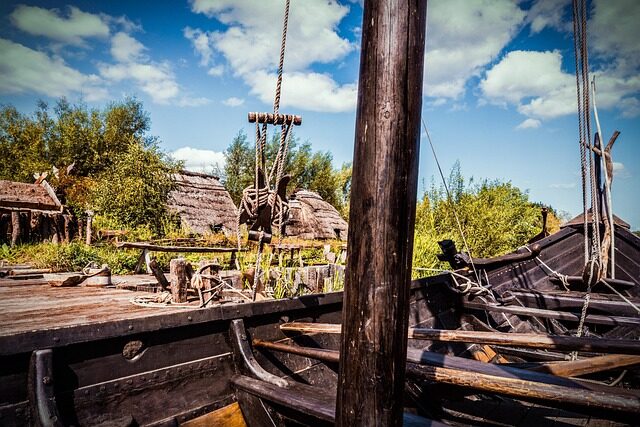
The stereotype of Vikings as solely violent raiders overlooks their roles as farmers, traders, and family members within their communities. Understanding these nuances is key to appreciating the full spectrum of viking culture and traditions.
To further explore the richness of Viking culture, let’s take a look at this informative video that offers a glimpse into the world of the Norsemen:
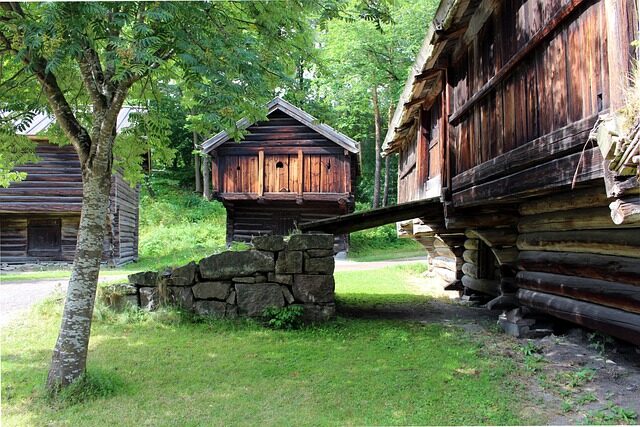
In conclusion, Viking culture and traditions encompassed a complex tapestry of beliefs, practices, and societal structures that continue to fascinate and inform our modern understanding of these ancient people. From their mythology to their maritime prowess, the Vikings left a legacy that remains an integral part of Scandinavian heritage and continues to capture the imagination of people around the world.

